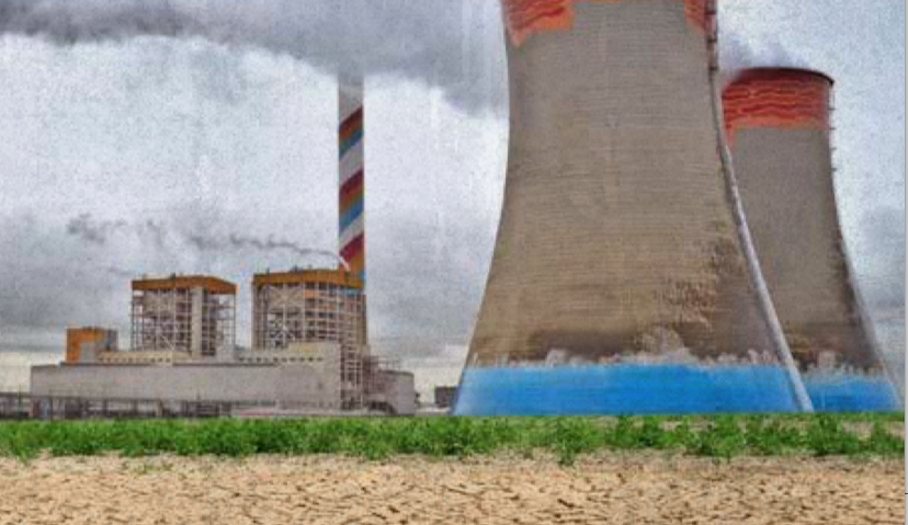Nuclear just can't hack it in the heat
 The false claims that nuclear power can address the climate crisis were dealt another blow last week as France faced the possibility of having to shut down its nuclear plants due to extreme heat. Nuclear plants cannot operate safely when their intake water is too hot — or at all if water supplies drop too low and are not sufficiently available to cool the plant.
The false claims that nuclear power can address the climate crisis were dealt another blow last week as France faced the possibility of having to shut down its nuclear plants due to extreme heat. Nuclear plants cannot operate safely when their intake water is too hot — or at all if water supplies drop too low and are not sufficiently available to cool the plant.
Both of these conditions will occur with greater frequency in our rapidly warming world. In addition, water resources are becoming scarcer under the climate emergency, meaning that large thermo-electric plants, such as nuclear power plants, are devouring — or are in competition for — water resources needed for drinking and irrigating essential crops.
As the World Resources Institute pointed out last year, “47 percent of the world's thermal power plant capacity—mostly coal, natural gas and nuclear — . . . are located in highly water-stressed areas.” Clearly, nuclear power is a serious liability, detrimental to addressing global warming, and far from “reliable.”
And as US News wrote this week: "In little-noticed but publicly available reports to regulators, nuclear plant owners revealed that unusually hot temperatures last year forced them to reduce the plants' electricity output more than 30 times – most often in the summer, when demand from nuclear plants is at its highest. In 2012, such incidents occurred at least 60 times. At one plant in Connecticut a reactor was taken offline for nearly two weeks when temperatures in the Long Island Sound surged past 75 degrees."
The same article also pointed out that: "it's not just water temperatures that plants have to contend with. Air temperatures can also cause conditions inside the plant to get too hot to operate. So desperate was a power plant in France during last year's heat wave that it began spraying water on the outside of the building to keep the interior from overheating. Plants in the U.S., meanwhile, have regularly slashed their output by anywhere from 3% to 60%." More





 July 3, 2019
July 3, 2019